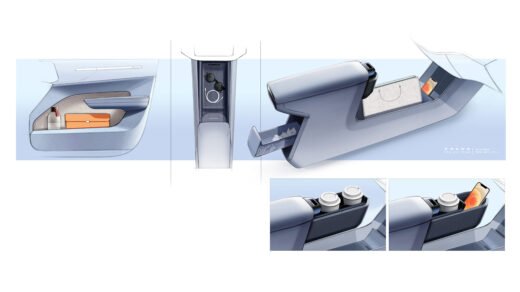As cloud architecture continues to more ubiquitous among organizations, increasingly what is more apparent is that many organizations are taking a hybrid approach, blending SaaS in private and public clouds with some products that remain on premises. Today, IBM made a big acquisition doubling down on the hybrid concept: it will pay $4.6 billion in cash to buy Apptio — which has built a platform to track how and where data lives in hybrid environments and how it’s being used, in particular how that tallies up in terms of financial and resource costs.
IBM said that the plan will be to have Apptio sit alongside IBM’s existing IT automation software and its AI platform to develop and sell solutions to businesses to manage and optimize spend within their IT stacks.
Apptio is currently owned by PE firm Vista Equity Partners, toptechtrends.com/2018/11/12/vista-snaps-up-apptio-for-1-94b-as-enterprise-companies-remain-hot/” target=”_blank” rel=”noopener”>which paid $1.94 billion to take it private back in 2018.
The acquisition makes a lot of sense for IBM.
As one of the oldest, legacy businesses in tech, “Big Blue” has been in the middle a long-term strategy to bring more modern products and services into the fold, and this is a clear step forward for the company to further its services and systems integrations businesses, in particular giving it a much stronger set of tools to focus on one of the bigger concerns that modern companies have today.
Specifically, while organizations may be keen to move to more updated systems and services that are more secure and more efficient and more extensible, all that also leads to bigger questions about the longer-term cost benefits, and specifically how that impacts the bottom line.
“Technology is changing business at a rate and pace we’ve never seen before. To capitalize on these changes, it is essential to optimize investments which drive better business value, and Apptio does just that,” said Arvind Krishna, CEO and chairman, IBM, in a statement. “Apptio’s offerings combined with IBM’s IT automation software and watsonx AI platform, gives clients the most comprehensive approach to optimize and manage all of their technology investments.”
The more general name for that area of IT is “FinOps” — short for financial and operational IT management and optimization. Apptio’s products today cover a few different areas. ApptioOne is focused on spend management and planning within hybrid cloud environments. Apptio Cloudability is focused specifically on managing spend around public cloud deployments. Apptio Targetprocess, meanwhile, helps model bigger projects to figure out what resources might need to be allocated and to help project manage those efforts.
Apptio is bringing a sizable book of customers to IBM — 1,500 enterprises, including more than half of the Fortune 100, it said — along with some key existing integrations and partnerships that are integral to working in enterprise cloud services today with Amazon Web Services, Microsoft Azure, Google Cloud Platform, Salesforce, ServiceNow, Oracle and SAP. Presumably, IBM already has an overlap with its client list, and this will help it upsell to more services as a result.
“Our customers are evolving to a complex digital-first, hybrid world where technology investments are distributed and decentralized but all innovation must be aligned with clear business outcomes,” said Sunny Gupta, Apptio co-founder and CEO, in a statement. “We are so excited to be joining IBM and combining our industry leading offerings with IBM’s global presence and strong portfolio across AIOps, automation and hybrid cloud offerings.”
The deal was rumored to be in the works this weekend and the acquisition is expected to close in the second half of 2023, pending regulatory and other approvals.
toptechtrends.com/2023/06/26/ibm-acquires-apptio-from-vista-for-4-6b-in-cash-to-double-down-on-hybrid-cloud-services/”>IBM acquires Apptio from Vista for $4.6B in cash to double down on hybrid cloud services by toptechtrends.com/author/ingrid-lunden/”>Ingrid Lunden originally published on toptechtrends.com/”>TechCrunch

